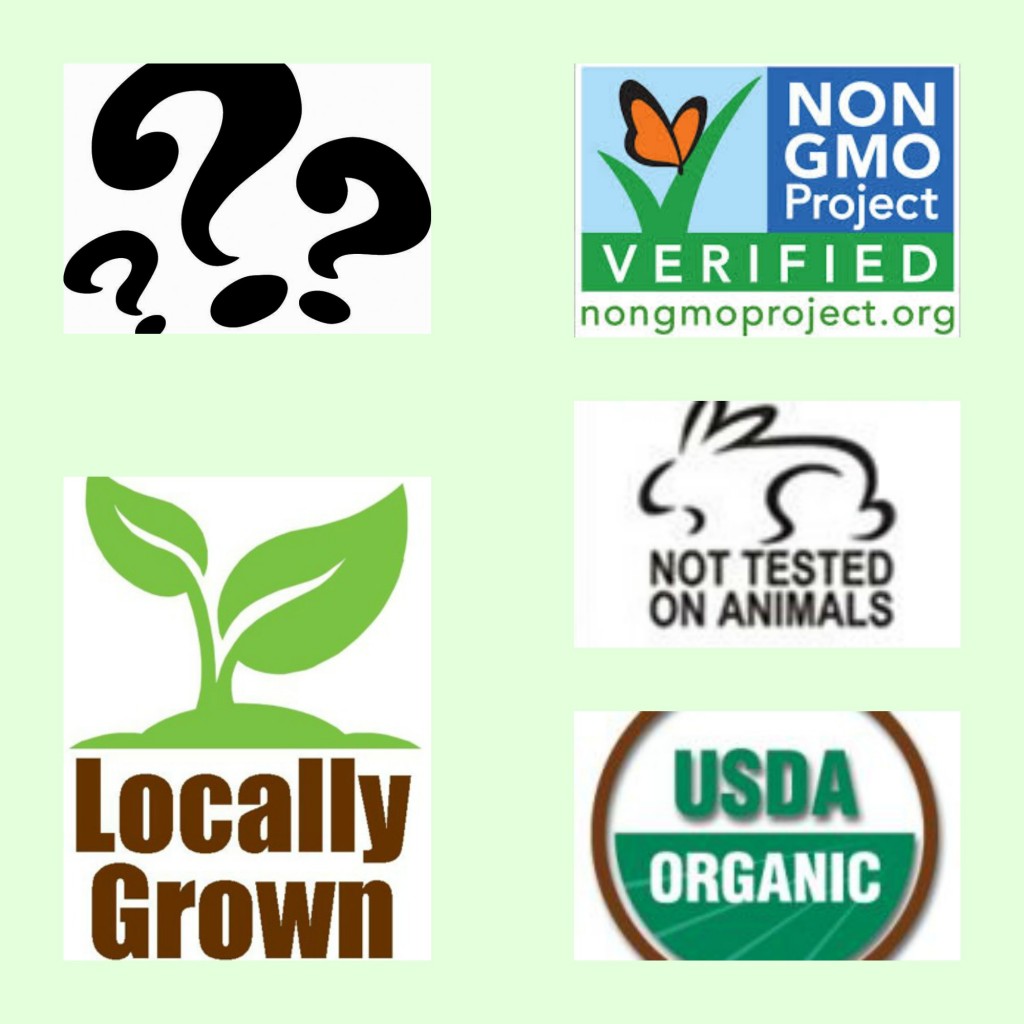Are organic products worth the money? How do you decide what organic products to buy? With the cost of groceries on the rise and concern over ingredients rising even faster, I find myself struggling with decision-making at the grocery store. What organic products are the most important to buy?
Is it more important to buy organic produce and ‘regular’ cereal or should I make sure that all my corn-based products are organic to avoid possible exposure to GMO ingredients? Do I put my money into organic meat to ensure that it was raised humanely or am I supporting ‘agribusiness’ by not buying my meat from a small, local farmer?
And now I have to worry not only about the organic products themselves but also about the big conglomerate that OWNS that tiny organic brand. It is enough to make me want to give up the struggle completely and just buy the Twinkies and Koolaid that my kids are begging for anyhow.
Posts feature partner companies & may be sponsored. Post contains affiliate links & I will be compensated if you make a purchase after clicking on links. As an Amazon Associate I earn from qualifying purchases.

Are Organic Products Worth the Price
Do you buy food based on its ingredients or are you more concerned with the name on the box?
Like most moms, I spend a lot of time at the grocery store and don’t have access to an unlimited supply of money. I struggle with trying to get out of the grocery store without my cart full of organic products ruining my grocery budget completely.
I NEED to find a balance between cost and quality and here is where I struggle the most. Are organic products with a store brand label the same quality as organic products with a brand name label? Do I care that a particular brand name organic is actually owned by a huge, multinational corporation that is fighting GMO labeling while slapping a ‘GMO FREE’ label on their tiny organic brand?
Do I care that Kroger’s isn’t dedicated to 100% organic products or do I buy their organic canned corn anyhow because it is cheaper than a brand name? I honestly don’t know what the right answer is to this but let me put this idea out there:
Which organic products are worth buying?
IF we only buy organic products from tiny companies that are independently owned what will that do to the number of companies that continue to provide organic food?
If we stop buying, for example, Annie’s because it is now owned by General Mills…will General Mills decide to stop making it? If we then continue that buying pattern will we essentially remove the most readily available organic foods from the market completely? What effect will that have on the general populations’ ability to find affordable and convenient organic food?
Many organic brands are being scooped up my massive food giants. Does this affect which organic products you buy?

✯Don’t want to miss the next post?✯
Follow Turning the Clock Back on Facebook | Twitter | Pinterest
Or join the private Facebook group for simple tips on going green!
Diane is a professional blogger and nationally certified pharmacy technician at Good Pill Pharmacy. She earned her BS in Microbiology at the University of New Hampshire and has worked in cancer research, academics, and biotechnology. Concern over the growing incidence of human disease and the birth of her children led her to begin living a more natural life. She quickly realized that the information she was learning along the way could be beneficial to many others and started blogging and freelance writing to share this knowledge with others. Learn more about her HERE.

When purchasing our “organic certified” ingredients, we take into consideration many things, yet least of all the size of the supplier.
When we start buying into the lie that big organics isn’t the same as small organics, we cut off our own faces to spite ourselves.
Yes, small organics are going to tend to be mom and pop growers, but they comply with the SAME rules as the big boys.
For us, the bigger topic to consider with organics isn’t the size of the company, but rather their location.
We all know that there is a tiny list of “chemicals” ie, pesticides and herbicides that qualify for organic certification. What nobody seems to take into consideration is that the further north the farm is, the less the farmer is going to spray ANYTHING over the course of the growing season. A farmer in Washington is going to use far less spray than a farmer in California. A farmer in Canada is going to (for the most part) spray far less than both.
Anyway, the point is that hwen we look at the certification symbol on a General Mills product and one of my customer’s products, they are both audited by the same people. So, just because they put out several billion more than I do in a year, doesn’t mean my organics are more or less organic, they’re the SAME standard.
The more consumers demand organic, no matter WHO grows it, the more organic will become mainstream once again.
#My 2 cents.
thanks for letting me post.
Thankyou so much for your thoughful comment! I live in the south and can definitely attest to the fact that growing organic in the south is very difficult! Gardening in New England was much easier!
I feel the same way you do…if consumers want more organic, we need to support the companies that are offering it no matter how big they are. Huge organic companies that can manage to get their products into Walmart will mean that more people see it and that maybe the price will be low enough for them to afford.
While I would love to support only small, local, organic brands those aren’t easy to find and I still have hungry teenagers to feed!